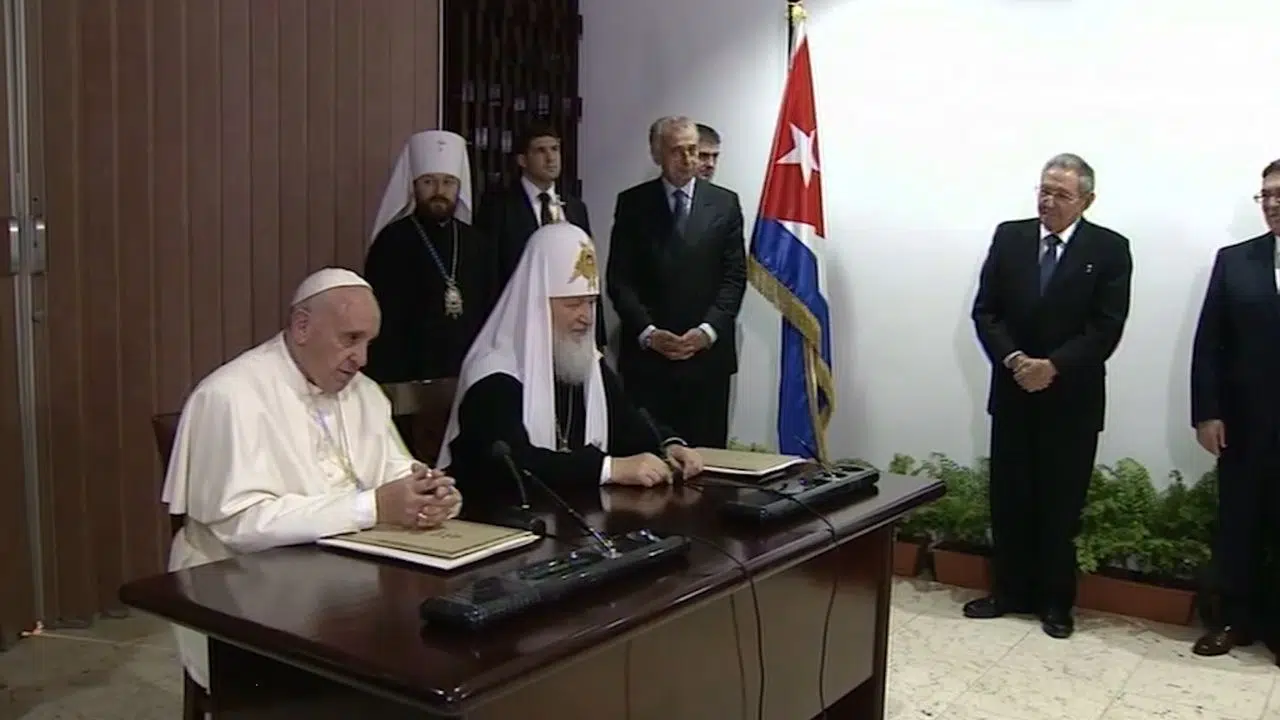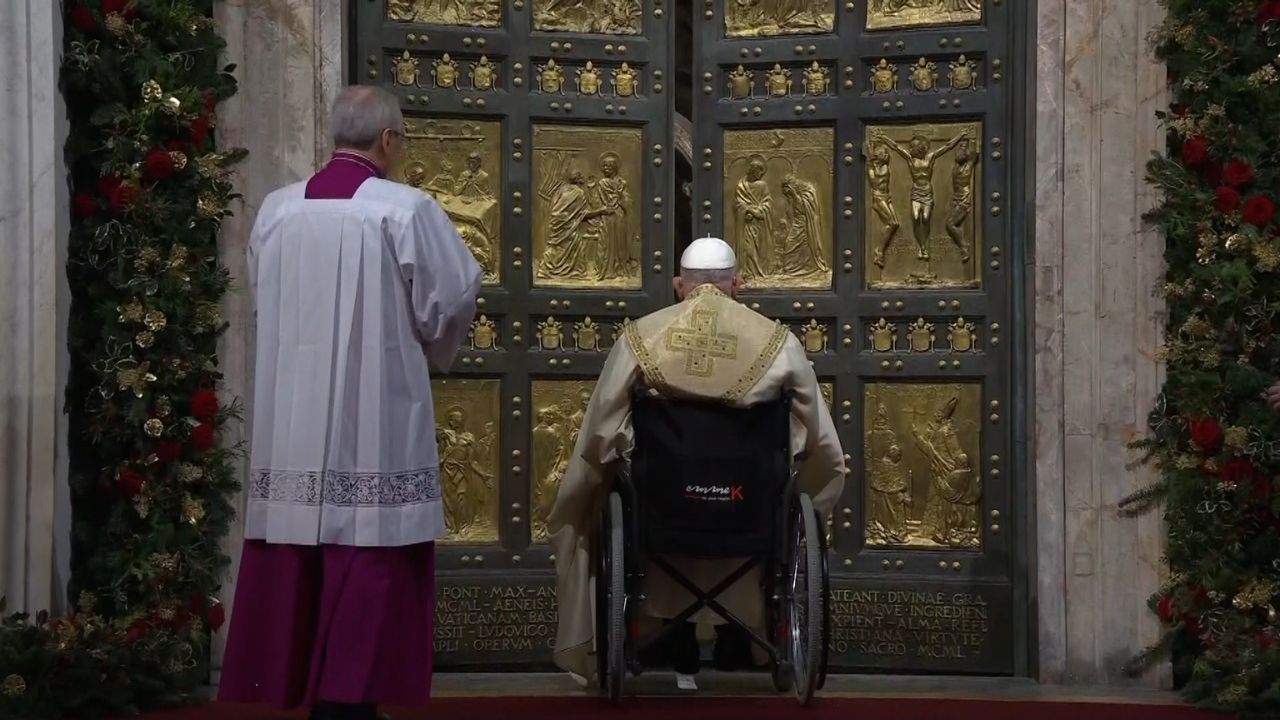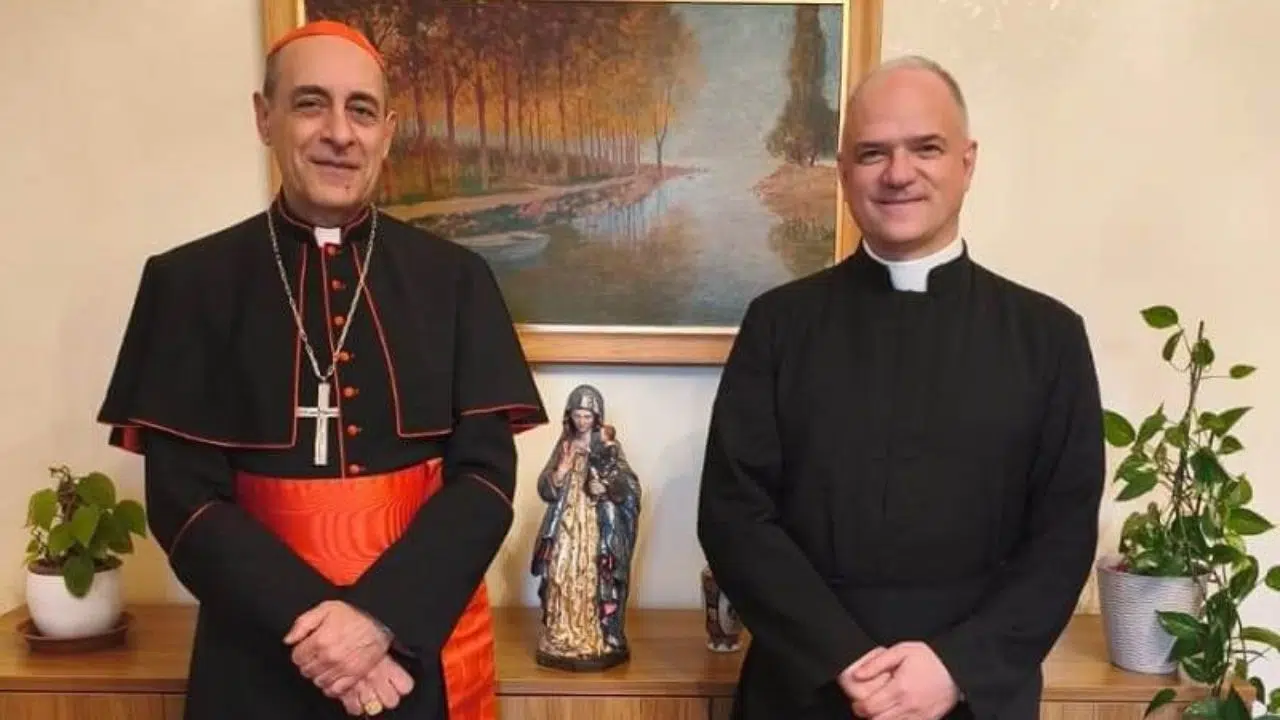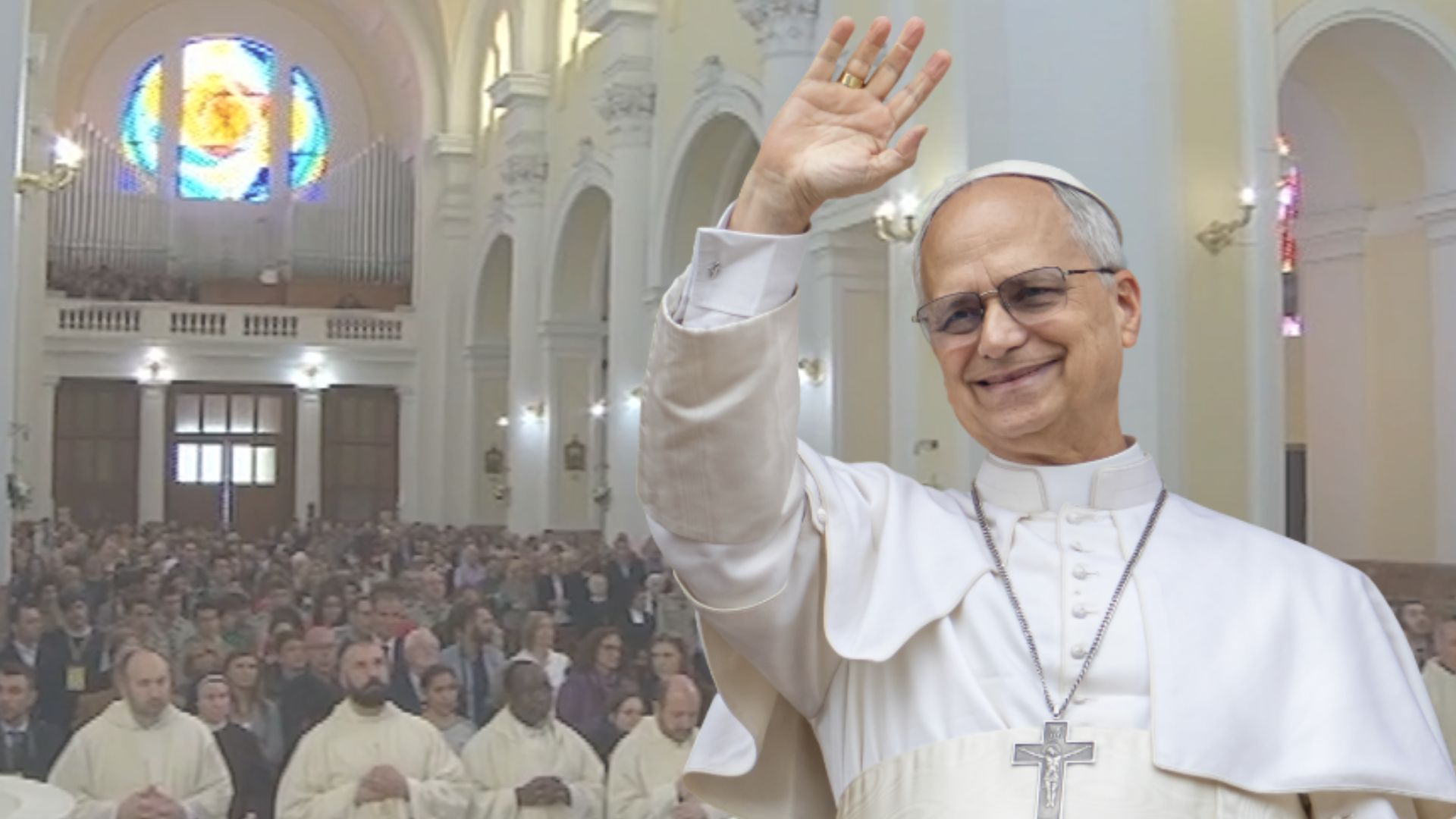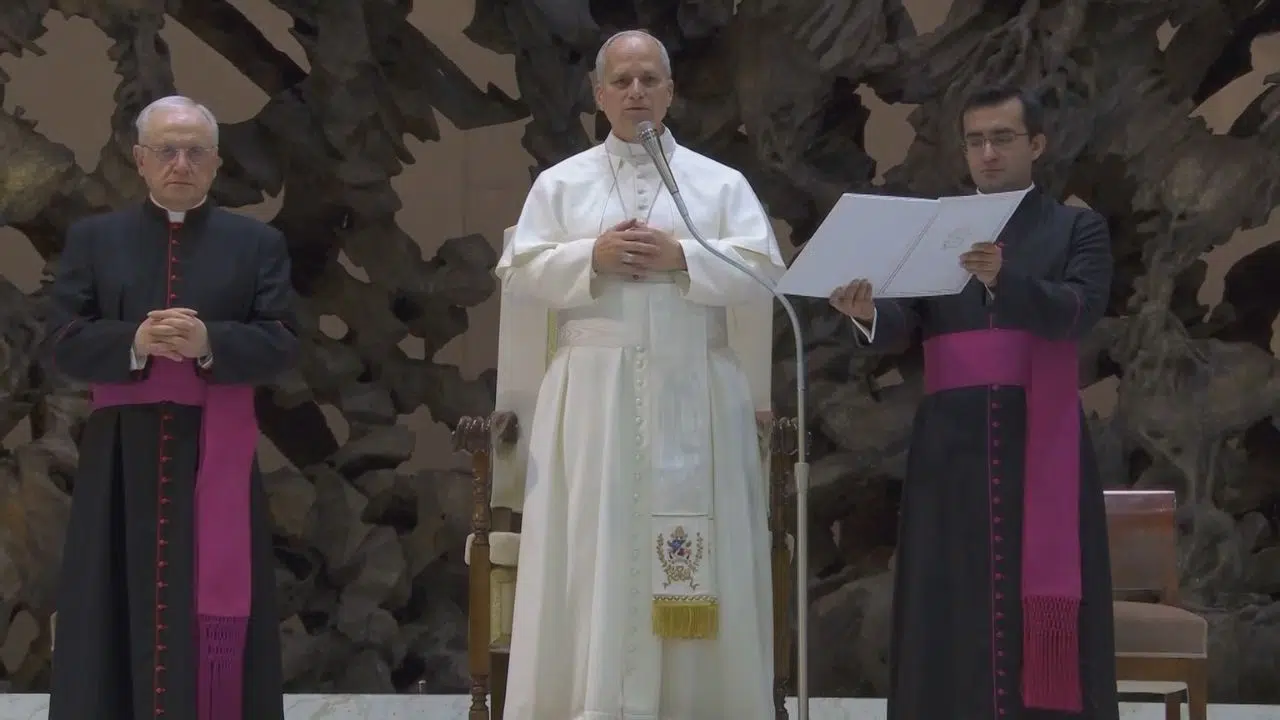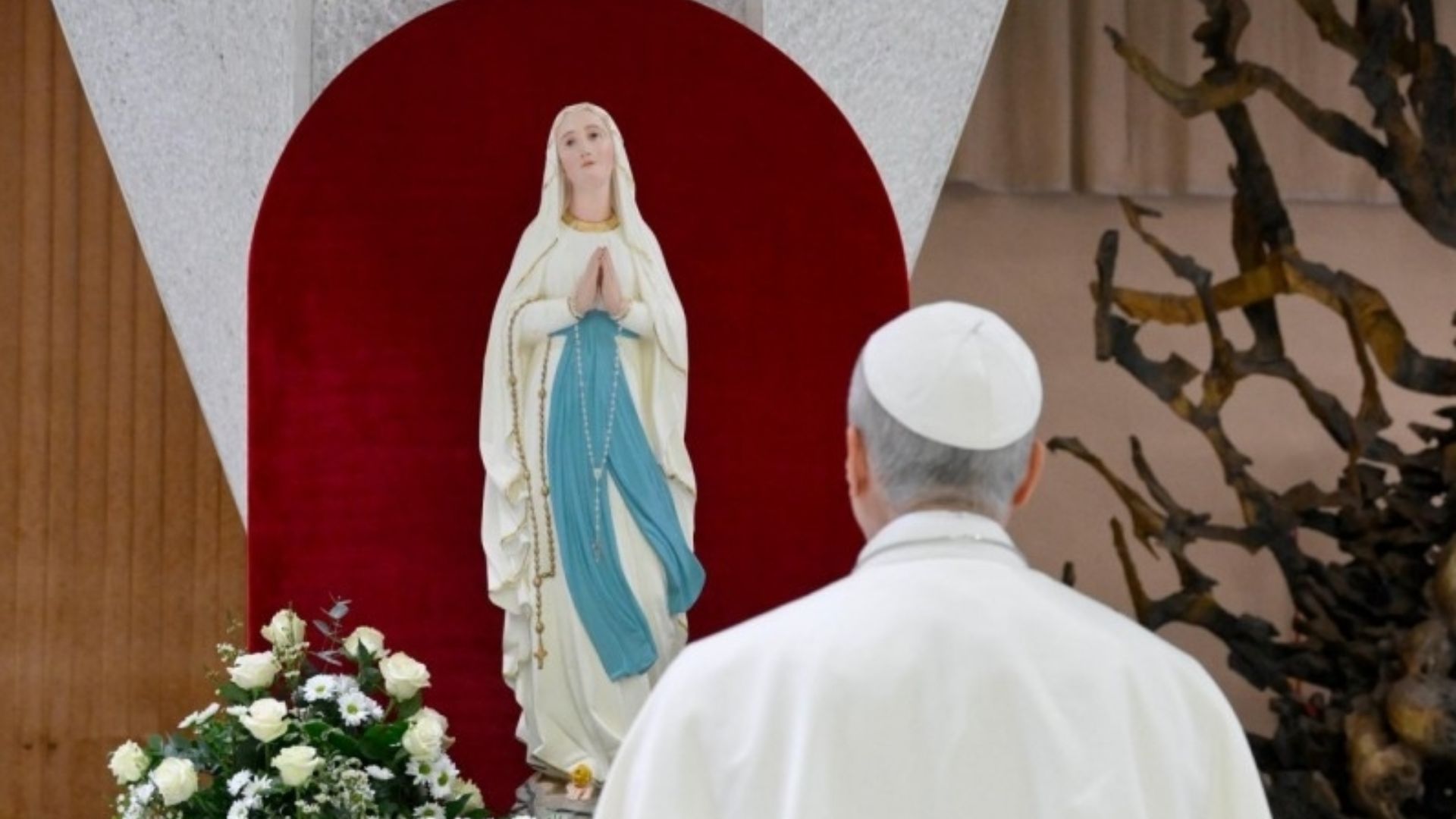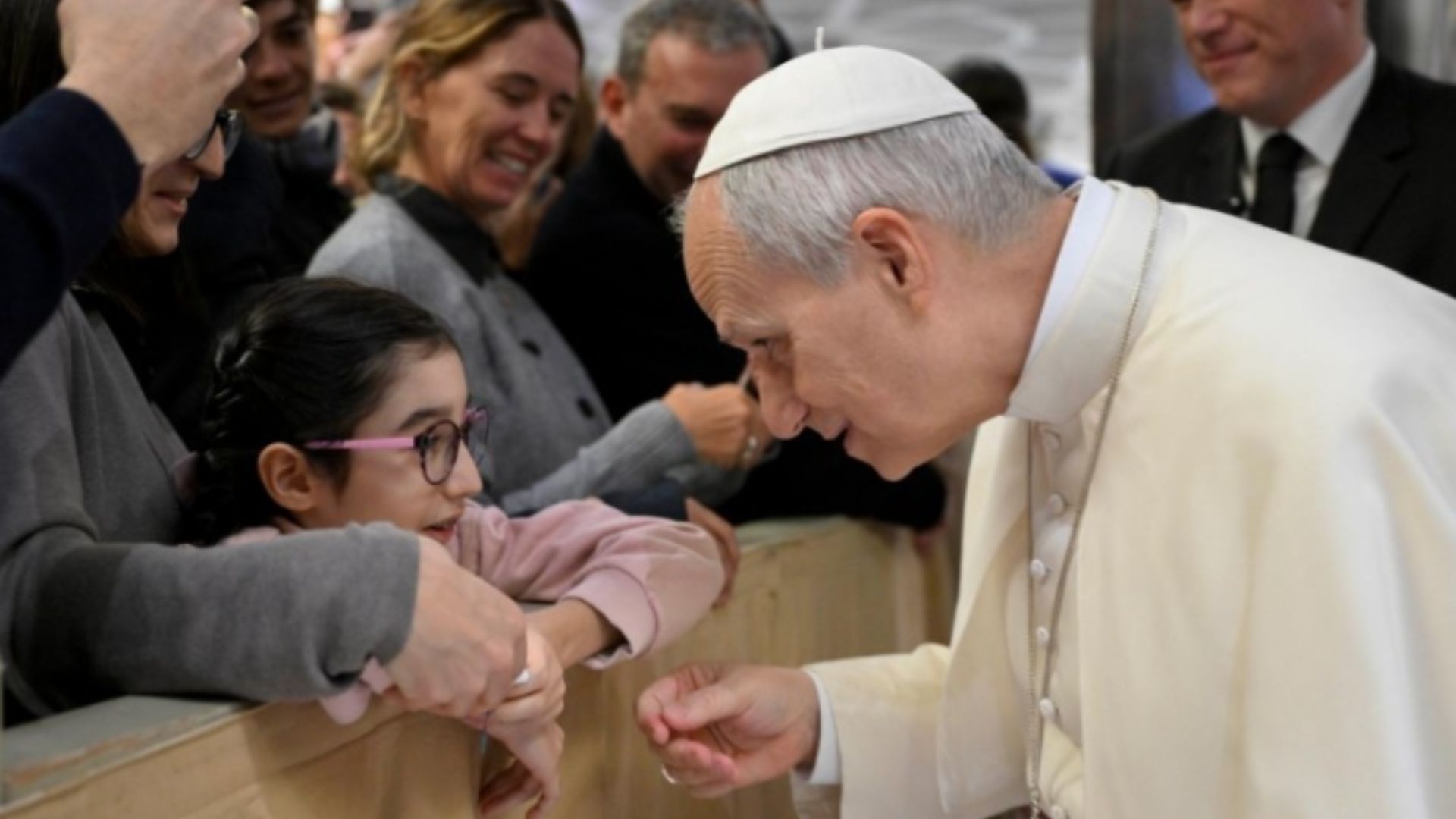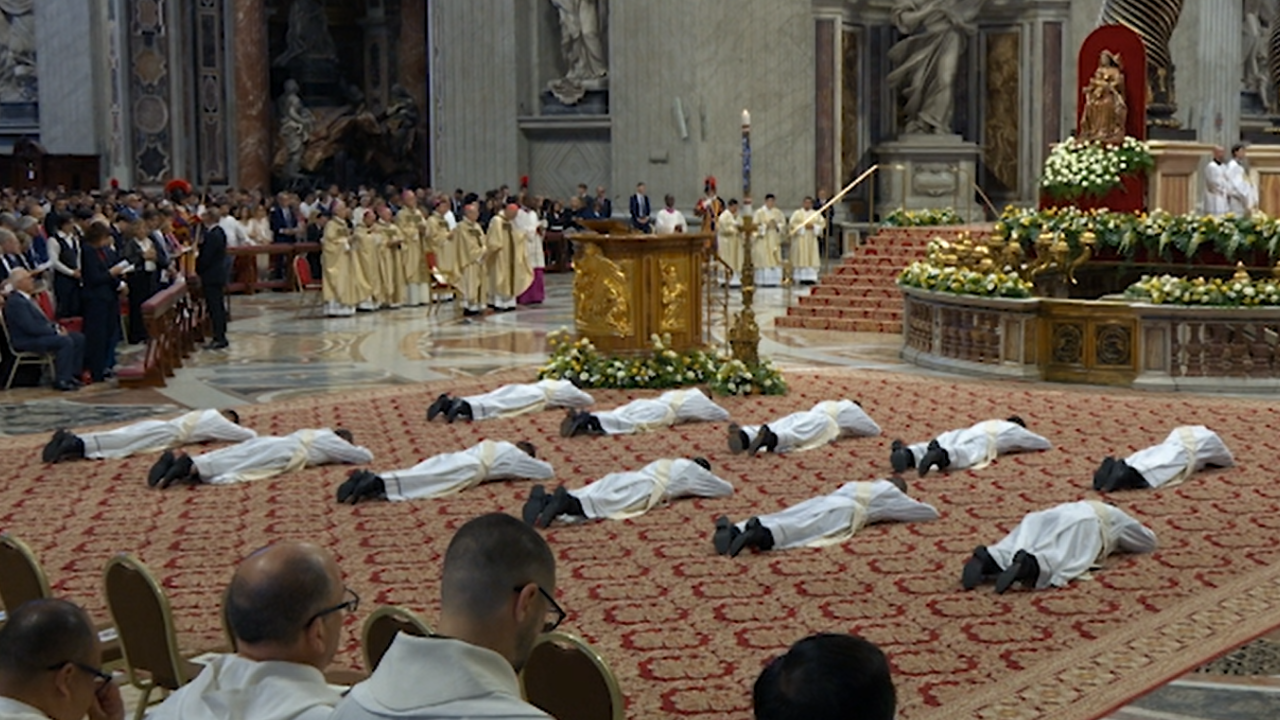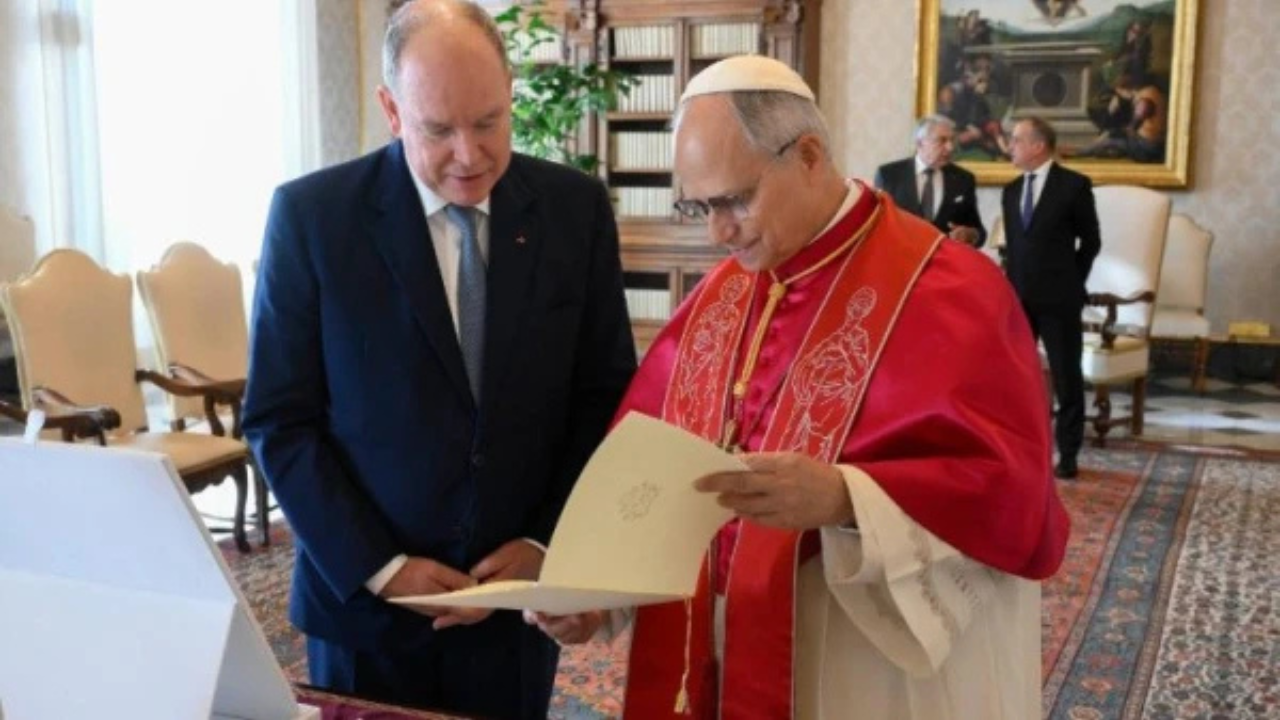The Anglicans are experiencing one of the worst crises in their history, even facing the imminent danger of schism. The reason: internal divisions that have persisted for decades over issues of ecclesiastical authority and sexual morality.
The most recent trigger was the appointment of Sarah Mullally as Archbishop of Canterbury, becoming the first woman in history to hold this position. This means she becomes the primate of the Church of England, having received approval from both the Prime Minister and the King.
However, this does not mean she has authority over the rest. The Anglicans are not a centralized institution like the Catholic Church. They are organized in a federation made up of 42 national churches, called provinces.
Each one operates autonomously. However, they are required to recognize, at least symbolically, the Archbishop of Canterbury as “primus inter pares,” which is roughly equivalent to the figure of a pontiff in the Catholic Church.
The most recent fractures, however, date back to the 1970s. Several provinces began ordaining women as priests. In 1989, Barbara Harris became the first female bishop.
Here, the first tensions began between two wings of the church: the northern, more liberal churches in countries like England, the United States, Australia, and Canada, and the southern, more conservative churches composed of African and Asian countries.
Everything escalated in 2003, when waves of protests emerged from African and Asian provinces following the ordination of the first openly homosexual bishop, Gene Robinson.
After continued strain, in 2008 conservative bishops from Asia, Africa, and Latin America made a decision: to found GAFCON, a movement that now includes 80% of Anglicans.
Although they initially stressed that it was not a schism, they established themselves as a parallel structure. During the 11-year tenure of Justin Welby, the former Archbishop of Canterbury, efforts were made to ease the divisions, but without success.
The peak came in 2023, when the Church of England approved blessings for same-sex couples. Reactions followed in countries like Nigeria, Uganda, and Kenya, which together represent over 40 million faithful.
Several African provinces have announced their break with Canterbury. The same has now occurred, but this time formally institutionalized.
GAFCON, which includes 8 out of 10 Anglican members worldwide, has announced the creation of the Global Anglican Communion, an independent structure that no longer recognizes Canterbury’s authority.
With more than half of the world’s Anglicans turning their back on England, can the Anglican Church survive this threat of schism?
CA
Trans. CRT
